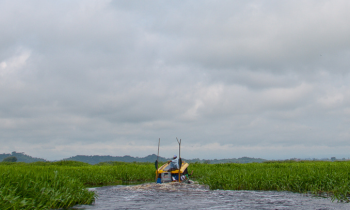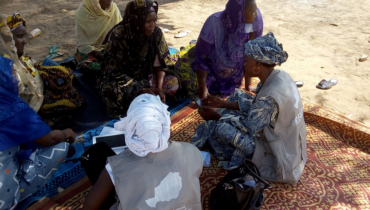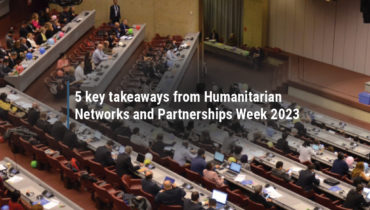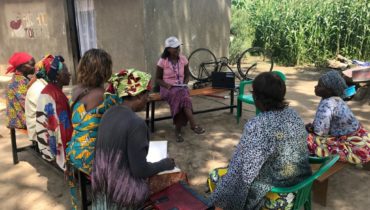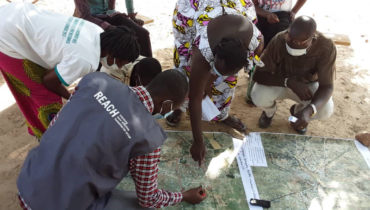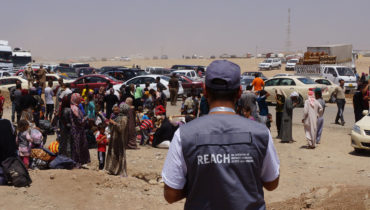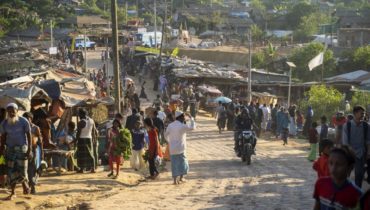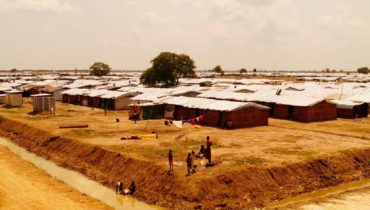International Women’s Day 2024 | Building the evidence base: IMPACT’S research on gender as a driver of increased vulnerability
8 March 2024
Recognizing the unique experiences of women during crises is vital for designing effective interventions. However, humanitarian research often falls short in fully grasping these experiences. As we commemorate International Women’s Day, it’s important to acknowledge this important information gap. Despite efforts to integrate a gender perspective into the research process, from design to analysis, there are still considerable systematic challenges and gaps. As a result, findings often provide only indicative insights into women’s experiences. Recognizing the complexities and limitations of research in complex crisis settings is essential to develop stronger and more innovative approaches to capturing women’s experiences in crises.
In this article, we share examples of IMPACT’s past gender-focused research and analysis in different crisis situations, drawing from our experiences and lessons learned.
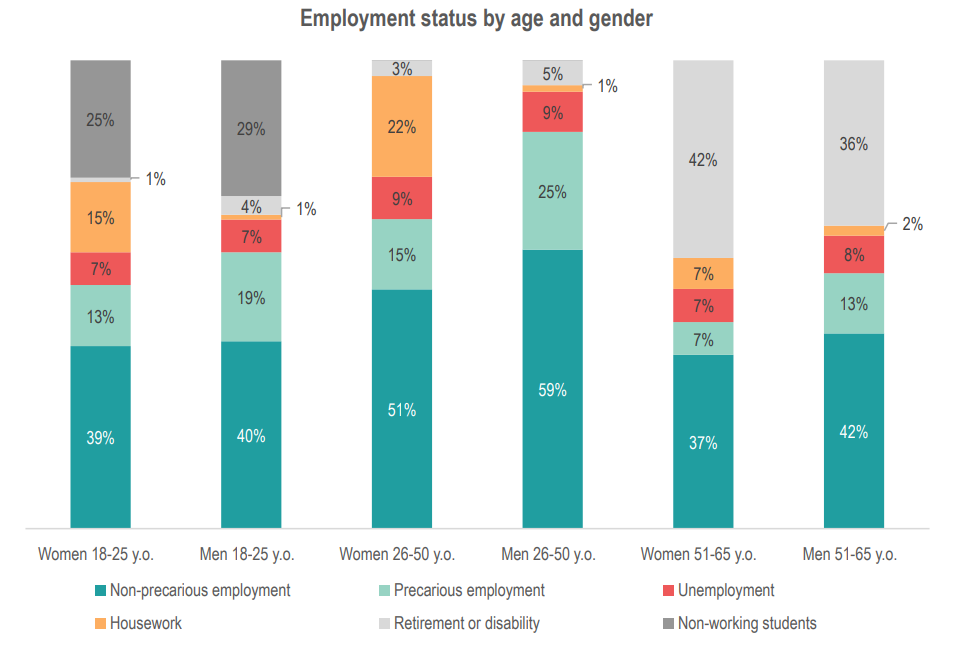
Ukraine
Over two years into the Ukraine conflict, humanitarian needs have risen sharply, exposing and worsening existing vulnerabilities based on gender and disability. The 2023 Multi-Sector Needs Assessment revealed significant gender disparities, particularly in the livelihoods sector. Women, especially those with children, faced higher levels of unemployment. This disparity was even more pronounced for displaced women. Already burdened by increased caregiving responsibilities, they shouldered the additional weight of unpaid labour like housework. Read the full brief here.
Occupied Palestinian territories
Similarly, in the Occupied Palestinian territories, a gender-focused analysis was conducted in 2022 to better understand the distinct vulnerabilities and challenges faced by female-headed households. Despite overall vulnerability appearing similar across household types, disparities in health and employment sectors underscored the impact of social and cultural limitations on women’s access to resources and opportunities, as well as the potential barriers they face in accessing healthcare due to limited mobility or affordability. Read the key finding brief and report.
Lebanon
In both Lebanese and Palestinian Refugee households, female-headed households were revealed to have lower incomes all the while having a higher dependence on others for income. This disparity is likely due in part to the fact that women, especially women with disabilities, were far less likely to be employed than men. Findings also pointed to them facing greater challenges in meeting basic needs like food and healthcare. Still, it’s important to recognize that these findings should be considered indicative, given the sample size, and therefore they cannot draw solid conclusions about gender dynamics Lebanon. Read the factsheets here.
Ethiopia
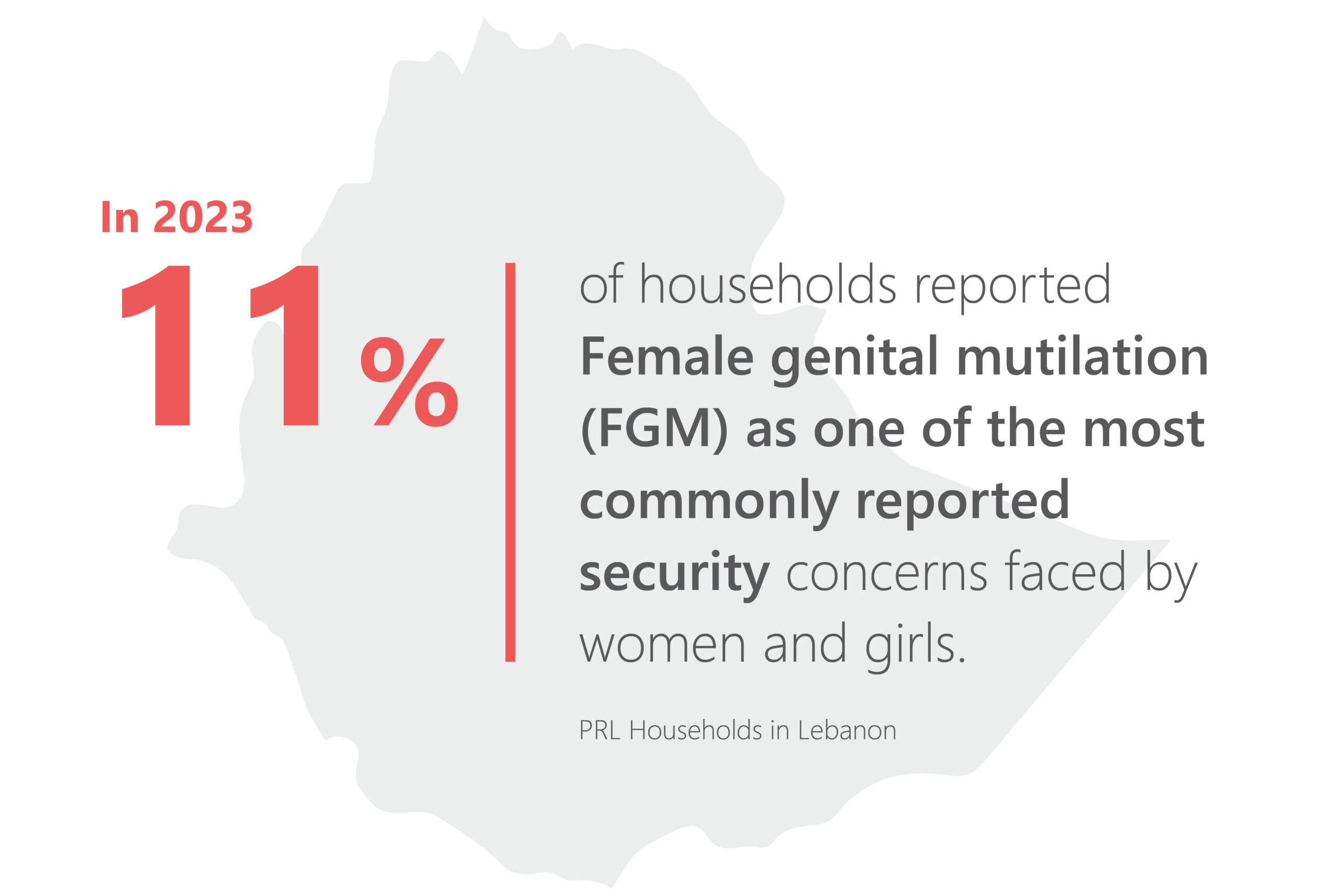
In Ethiopia’s Bale Zone, a multi-sector household assessment uncovered significant protection concerns confronting women and girls. Notably, 11% of households identified female genital mutilation (FGM) as their primary security concern. Additionally, forced marriages and threats of violence were among the other reported protection issues faced by women and girls in the region. Read the full factsheet here.
Despite progress, humanitarian research often fails to capture the full picture of women’s experiences in crises. However, acknowledging limitations like sample size and context, these findings still offer valuable insights into the connection between gender and humanitarian needs. Recognizing this gap, IMPACT is committed to strengthening research methodologies for a more gender-focused perspective to build a more inclusive evidence base humanitarian response


